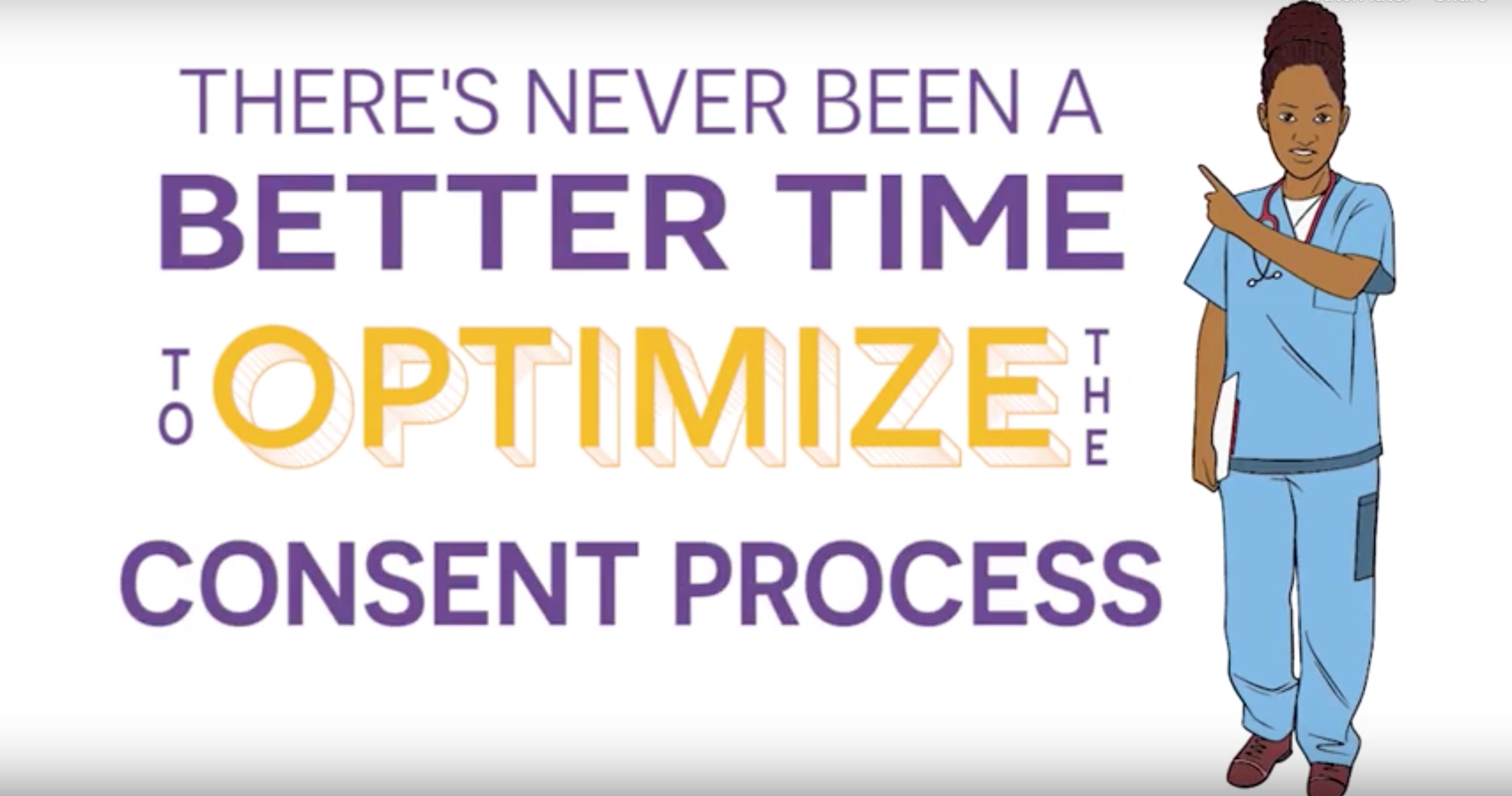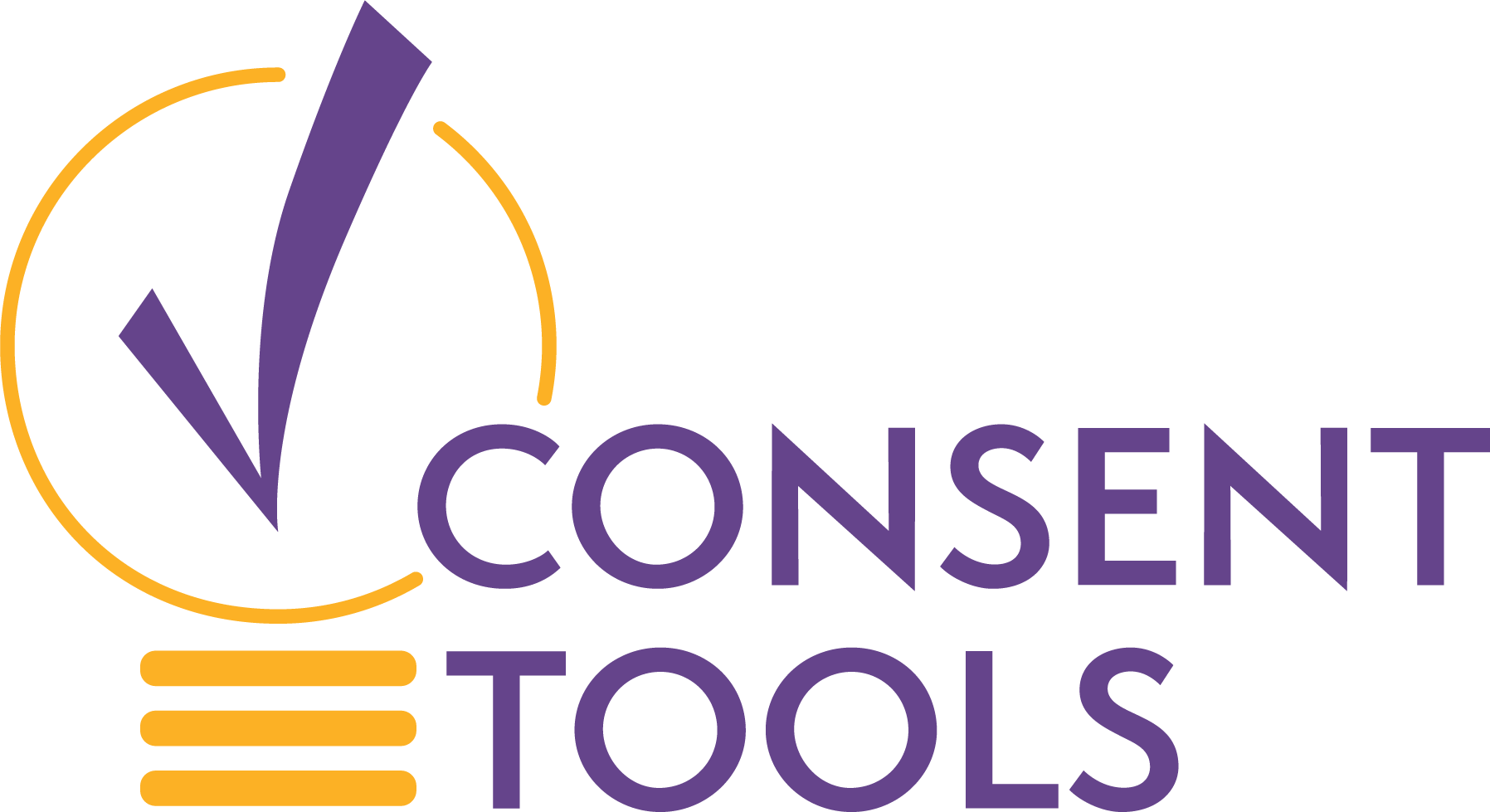ConsentTools helps clinical research professionals understand and adopt three evidence-informed practices for informed consent in clinical trials. These practices assess and improve participant understanding of clinical trial information, and assist professionals in appointing legally authorized representatives (LARs) when necessary.
You can explore the toolkit by topic below, or complete a text-based learning module on all three topics.
ConsentTools is supported by the Bioethics Research Center at Washington University School of Medicine in St. Louis, MO. It was developed as part of a research study funded by the National Institute on Aging [1 R01 AG058254-01; PI James DuBois]. The aim of the study was to help clinical research professionals understand and adopt three evidence-informed practices for consent in clinical trials.
You are free to use or share ConsentTools materials for non-commercial purposes, with appropriate credit to ConsentTools and the Bioethics Research Center. For more information, please visit https://creativecommons.org/licenses/by/4.0/.
Suggested citation for the ConsentTools toolkit:
Bioethics Research Center (2024). ConsentTools. https://consenttools.org/
Please provide feedback.
Video: Why Optimize the Consent Process?

From the Field


ConsentTools | 4523 Clayton Avenue | Campus Box 8005 | St. Louis, MO | 63110-1093
ConsentTools@wustl.edu

ConsentTools © 2024 by Bioethics Research Center, Washington University is licensed under CC BY-NC-SA 4.0. To view a copy of this license, visit http://creativecommons.org/licenses/by-nc-sa/4.0/
